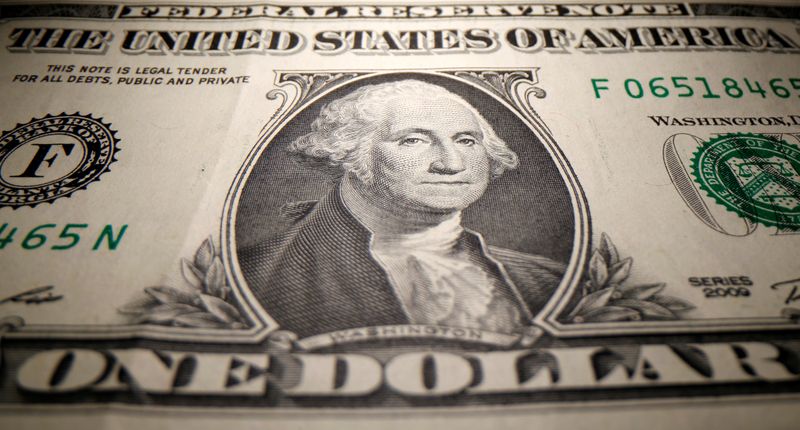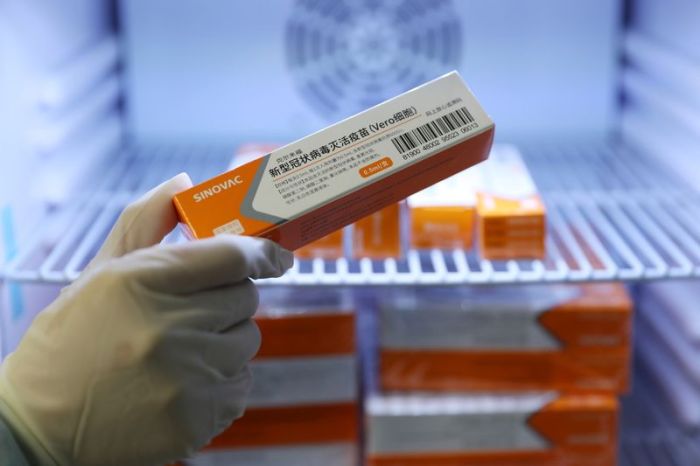NEW YORK (Reuters) – The U.S. dollar on Wednesday resumed its rebound from near three-week lows, rising broadly on hopes of higher government spending by President-elect Joe Biden’s incoming administration and an ongoing economic recovery from the coronavirus crisis.
A rise in U.S. Treasury yields, driven by expectations that Biden’s administration will ramp up spending, has helped boost the battered dollar in recent sessions, although it slumped on Tuesday.
The greenback has also found support from expectations of a continued economic recovery in the United States, even as countries in Europe resort to lockdowns to fend off a second COVID-19 wave.
“You are seeing a continuance of the U.S. outperformance trade,” Karl Schamotta, chief market strategist at Cambridge Global Payments in Toronto.
U.S. Treasury yields slid on Wednesday as the Treasury Department completed its final sale of $120 billion in coupon-bearing supply this week, in which investors showed strong demand for long-dated bonds.
Yields on the benchmark Treasury note dropped to 1.071%, down from an almost 10-month high of 1.187% on Tuesday.
Still, the pop in the 10-year Treasury yield above 1% has put a firmer floor under the dollar, Joe Manimbo, senior market analyst at Western Union Business Solutions, said in a note.
The U.S. dollar index was 0.37% higher at 90.359. The index has climbed 1.3% since falling to near a three-year low of 89.21 last week.
The rally has raised worries about the viability of betting on further losses for the dollar after its 7% decline last year.
Data on Wednesday showed U.S. consumer prices increased solidly in December amid a surge in the cost of gasoline, though underlying inflation remained tame as the COVID-19 pandemic weighed on the labor market and services industry.
“Overall, the firm headline December CPI gain was mostly due to an energy price pop that is extending into January, though lean readings for the core components suggest little risk of the inflation figures heating up anytime soon,” Michael Englund, chief economist at Action Economics, said in a note.
Sterling hit a seven-week high against the euro on Wednesday, building on gains during the previous session when the Bank of England’s governor dismissed the idea of negative interest rates, while optimism over the pace of Britain’s vaccination rollout also offered support. [GBP/]
(Reporting by Saqib Iqbal Ahmed; Editing by Paul Simao)

























